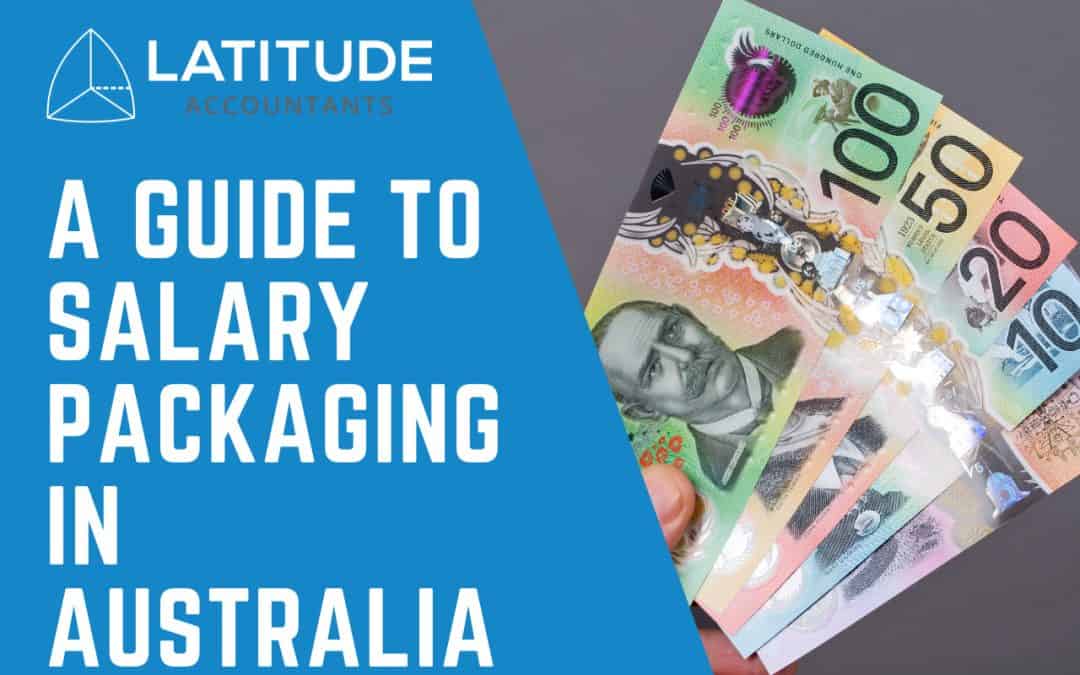Which best describes your accounting needs?

Salary packaging, also known as salary sacrifice, lets you exchange part of your pre‑tax salary for benefits approved by the Australian Taxation Office under federal Fringe Benefits Tax (FBT) laws. Use this Q&A guide to learn what salary packaging is, how it works, and key considerations under Australian rules and any state nuances.
What is salary packaging?
Salary packaging allows you to agree with your employer to receive certain non‑cash benefits instead of an equivalent amount of your salary. By doing so, you reduce your assessable income and pay less income tax, while the benefit may attract reduced or exempt FBT treatment.
Which benefits can be packaged?
Common packaged items include:
- Superannuation contributions (within concessional caps)
- Novated car leases, covering lease payments plus running costs
- Work‑related portable devices such as laptops and mobile phones (capped at $300 each)
- Meal entertainment and venue hire (gross‑up methods apply)
- Self‑education expenses linked directly to your current role
Each benefit’s FBT treatment is set out in the Fringe Benefits Tax Assessment Act 1986, ensuring uniform federal rules across all states.

How does a novated lease work?
A novated lease is a three‑party agreement between you, your employer and a finance provider. Salary is sacrificed to cover both the lease repayments and running costs (fuel, maintenance, insurance). Since these payments come from pre‑tax income, your taxable salary falls, potentially delivering significant savings compared to an after‑tax car purchase.
What are the caps and limits?
- Concessional super cap: $30,000 for 2025–26. Excess contributions incur extra tax.
- Portable device cap: $300 per new device.
- Novated leases: No statutory cap, but salary sacrifice must align with your employer’s policy and your pay level.
Exceeding caps can lead to additional tax liabilities, so monitor your sacrifices carefully.

How do I implement salary packaging?
- Review your remuneration package to identify potential benefits.
- Obtain quotes from finance and service providers for items like novated leases.
- Negotiate a salary sacrifice agreement with your employer detailing pre‑tax amounts and benefits.
- Ensure FBT compliance by checking that benefits meet ATO rules and that any exemptions or concessions are correctly applied.
- Maintain records of agreements, invoices and ATO correspondence for five years.
Are there any state‑based differences?
Salary packaging and FBT are governed federally, but some state incentives may apply:
- Electric vehicle rebates differ between New South Wales, Victoria and Queensland
- Public sector packaging caps can vary by employer in each state
Check your state revenue office or employer policy for additional allowances that may complement salary packaging.
Who can benefit most from salary packaging?
- High‑income earners on top marginal rates gain the greatest income tax reduction.
- Employees with significant running costs, such as car leases or professional devices.
- Individuals seeking to boost superannuation within concessional caps.
Carefully weigh the tax savings against any fringe benefits tax payable and the impact on other entitlements like Medicare.

What records should I keep?
Retain the following for at least five years:
- Signed salary sacrifice agreements
- Invoices and statements for packaged benefits
- Superannuation contribution notices
- ATO rulings or correspondence relating to FBT treatment
Good record keeping ensures you can substantiate claims in the event of an ATO review.
Salary packaging can be an effective strategy to increase take‑home pay and fund goals such as vehicle ownership, technology upgrades or retirement savings. Every arrangement must comply with federal FBT laws and any state‑specific incentives or employer policies.
Want to learn more about salary packaging options?
Contact Latitude Accountants for a confidential discussion about how salary packaging could fit your situation.
📞 Contact Latitude Accountants
📧 info@latitudeaccountants.com.au
🌐 www.latitudeaccountants.com.au
Disclaimer
This information is general in nature and does not constitute financial or tax advice. Legislation and policies may change and individual circumstances vary. Always consult a registered tax agent or the ATO for advice specific to your situation.
Follow us on social
Need an accountant?

